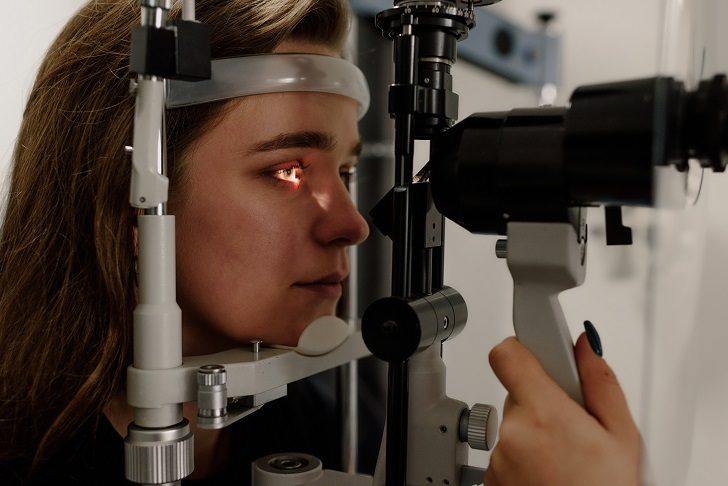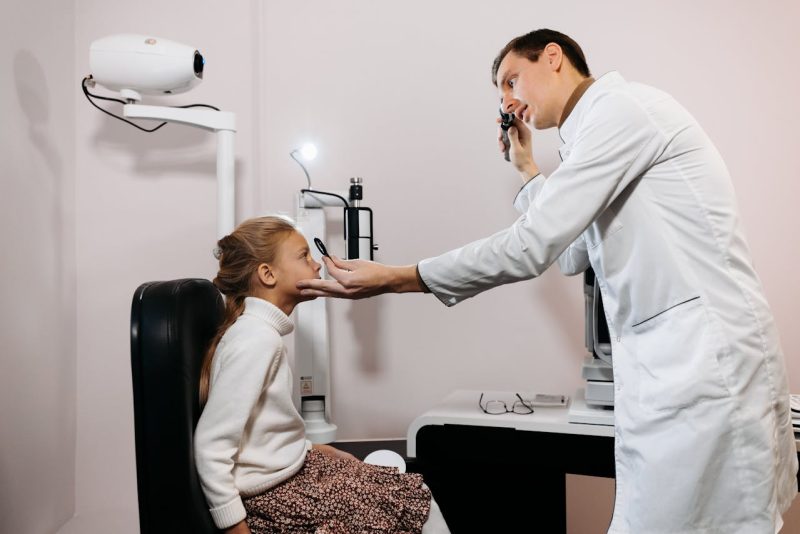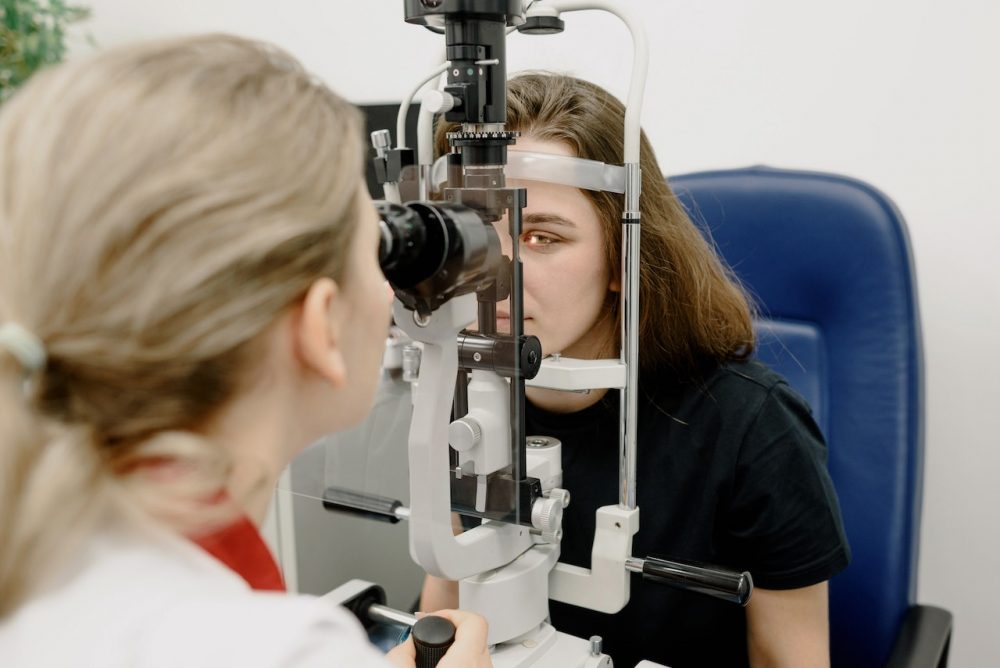The healthcare landscape is ever-evolving, as are the expectations of its diverse clientele. With multiple generations coexisting in today's society, from Baby Boomers to Generation Z, healthcare providers face the unique challenge of catering to a wide range of needs, preferences, and expectations.
Understanding what different generations want in healthcare is crucial for delivering effective, patient-centric services. In this article, we explore the distinctive healthcare desires of various generations and how healthcare providers can adapt to meet them.
Baby Boomers (1946-1964)
As the largest generation, Baby Boomers have played a significant role in shaping healthcare preferences. What Baby Boomers want in healthcare often revolves around personalized care and a strong doctor-patient relationship.

Matthias Zomer/ Pexels | Baby boomers are often dealing with chronic health issues, leading to a focus on disease management and prevention
They value face-to-face consultations and appreciate thorough explanations from their healthcare providers. In addition, Baby Boomers tend to prioritize preventive care, routine check-ups, and health maintenance to enjoy a longer and healthier life. As they age, they also seek accessible and affordable senior care options that allow them to maintain their independence.
Healthcare providers should focus on offering comprehensive healthcare education, convenient appointment scheduling, and senior services tailored to Baby Boomers' unique needs. Additionally, telemedicine can be an effective way to reach this generation, as it offers convenience without sacrificing the essential personal touch for this demographic.
Generation X (1965-1980)
Its independence and skepticism often characterize Generation X. They value efficiency and prefer healthcare experiences that respect their busy lives. Gen Xers want convenience, transparency, and technology integration in healthcare.
They appreciate the ability to book appointments online, receive test results electronically, and access their medical records easily. Gen Xers are also willing to explore alternative medicine and holistic approaches to healthcare, seeking more comprehensive and proactive solutions.
To cater to Generation X's preferences, healthcare providers should invest in user-friendly online platforms, telehealth options, and transparent billing practices. Offering flexible appointment scheduling and promoting preventive healthcare measures can also align with this generation's priorities.

Karolina Grabowska/ Pexels | The silent generation has distinct healthcare needs and experiences influenced by their historical context and life stage
Millennials (1981-1996)
As digital natives, Millennials have revolutionized the healthcare landscape. What Millennials want in healthcare is seamless integration of technology, quick access to information, and an overall positive experience.
They are more likely to rely on online reviews and patient ratings when choosing healthcare providers. Telemedicine particularly appeals to them, as it allows for virtual consultations and prescription renewals without needing in-person visits.
Healthcare providers should prioritize user-friendly mobile apps, telehealth services, and online patient portals to cater to Millennials. Engaging with this generation through social media and providing accurate online health resources can foster a strong doctor-patient relationship.
Generation Z (1997-2012)
The youngest generation, Generation Z, is characterized by its tech-savvy nature, diverse backgrounds, and high expectations for personalized healthcare. Generation Z wants quick access to healthcare professionals and a focus on mental health support.
They value telehealth services and are more open to discussing mental health concerns than previous generations. Gen Z is also concerned about social and environmental issues, so healthcare providers prioritizing sustainability and community involvement can resonate with them.

Ksenia Chernaya/ Pexels | Gen Z individuals are comfortable with digital technology and often prefer virtual healthcare options
To meet the needs of Generation Z, healthcare providers should invest in telemedicine mental health resources and offer education on sexual health and healthy lifestyle choices. They should also embrace diversity and inclusion in their practices and demonstrate social responsibility.
The Silent Generation (1928-1945)
While the Silent Generation is smaller in numbers, their healthcare preferences are still significant. They appreciate the traditional values of respect, trust, and continuity of care. The Silent Generation wants a strong doctor-patient relationship, comprehensive senior care, and clear communication. They often rely on family members for support and seek healthcare providers who understand the unique challenges of aging.
Healthcare providers should prioritize personalized care, senior services, and family involvement when catering to the Silent Generation. Compassion, patience, and a willingness to accommodate their specific needs are key to effective care.















